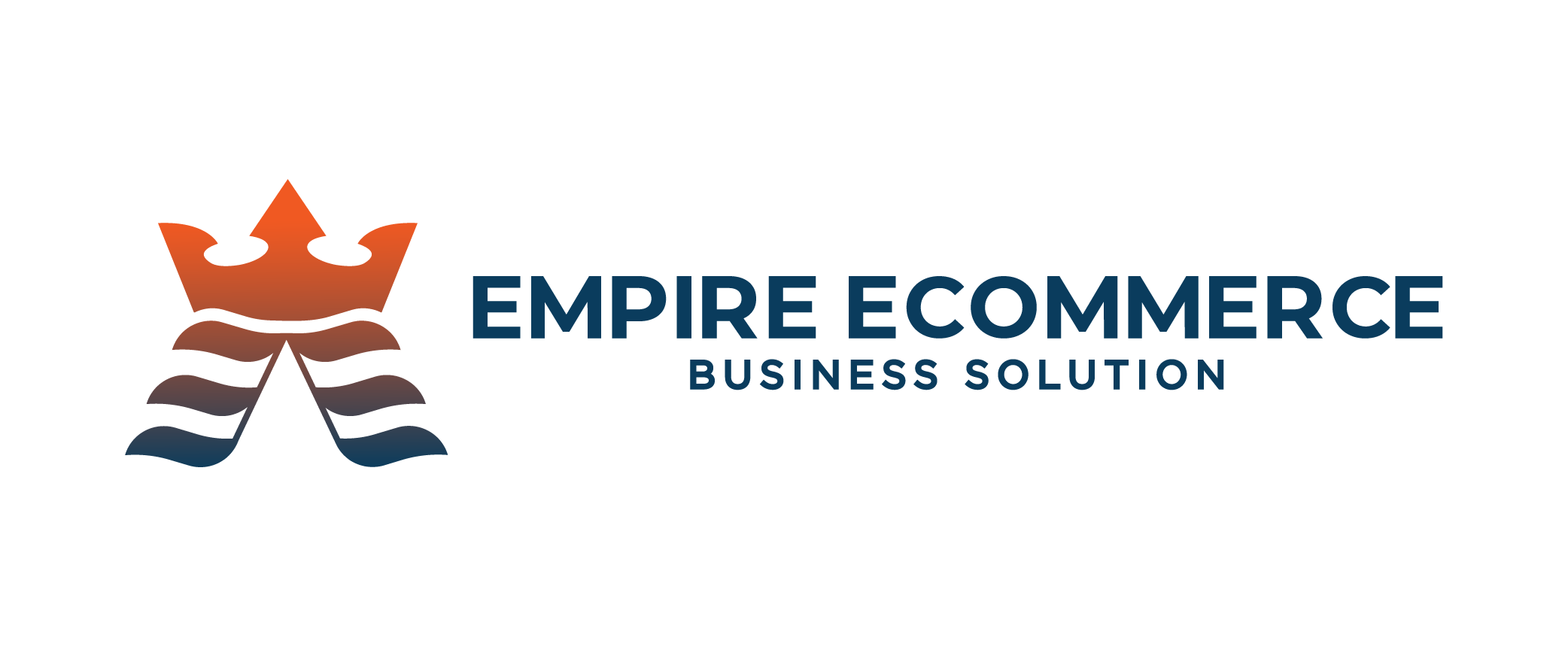LLC vs. Sole Proprietorship: What’s Better for You?
When you first launch a business, it often feels like an extension of yourself. You are the business, and the business is you. This is the essence of a Sole Proprietorship, the simplest and most common way to start. But as your business grows, the line between your personal and business life can become dangerously blurred.
This is where the Limited Liability Company (LLC) comes in. It’s the formal next step for serious entrepreneurs, offering crucial protections that a sole proprietorship lacks.
So, which is right for you? The answer depends on your tolerance for risk and your vision for the future. Let’s break down the critical differences.
1. Legal Liability: The Single Most Important Difference
This is the core distinction and the primary reason business owners upgrade to an LLC.
- Sole Proprietorship:
There is no legal separation between you and your business. You are one and the same in the eyes of the law. This means if your business incurs debt or is sued, your personal assets are at risk. This includes your car, your house, your personal bank accounts, and other valuables. - LLC:
An LLC creates a separate legal entity, building a protective wall known as the “corporate veil” between your business and your personal life. If your LLC is sued or accumulates debt, creditors can generally only go after the assets owned by the business itself. Your personal assets remain safe. For any serious business, this protection is invaluable.
2. Taxation: Simpler Than You Think
Many entrepreneurs assume that forming an LLC will complicate their taxes. By default, this is not the case.
- Sole Proprietorship:
You report all business income and expenses on a Schedule C (Profit or Loss from Business), which is filed with your personal tax return (Form 1040). You then pay personal income tax and self-employment taxes (for Social Security and Medicare) on the net profit. - Single-Member LLC:
By default, a single-member LLC is taxed exactly the same as a sole proprietorship. The IRS treats it as a “disregarded entity,” meaning all profits and losses are passed through to you, the owner, to be reported on a Schedule C. You get the legal protection of an LLC with the tax simplicity of a sole proprietorship.
3. Credibility and Perception
How the world sees your business matters, especially when dealing with clients, suppliers, and banks.
- Sole Proprietorship:
While perfectly valid, this structure can be perceived as less formal or less established. You are operating under your own name (or a “Doing Business As” name), which may not convey the same level of professionalism. - LLC:
Having “LLC” after your business name instantly signals credibility. It shows that you have taken the formal steps to create a legitimate business entity. This can make it easier to open business bank accounts, secure loans, and win contracts with larger companies.
4. Formation and Maintenance
- Sole Proprietorship:
There are no formal steps or fees to create one. If you start doing business, you are automatically a sole proprietorship. This is the definition of simple. - LLC:
You must formally register your business with the state by filing Articles of Organization and paying a state filing fee. You will also need to file an annual report and pay an annual fee in most states to keep your LLC in “good standing.”
What’s Best for Online Businesses?
The digital marketplace presents unique risks. An online business can serve customers anywhere, opening it up to a wider range of potential liabilities, from product issues and shipping disputes to data privacy concerns.
- Starting Out: If you’re just starting a blog or a small hobby shop on Etsy to test an idea, a sole proprietorship can be a fine, no-cost way to begin.
- Ready for Growth: The moment your online business starts generating consistent revenue, selling products, or handling customer data, upgrading to an LLC is strongly recommended. The liability protection is essential in an environment where a single disgruntled customer or data breach could lead to a lawsuit.
At-a-Glance Comparison
| Feature | Sole Proprietorship | Limited Liability Company (LLC) |
| Legal Liability | Unlimited. Personal assets are at risk. | Limited. Personal assets are protected. |
| Taxes (Default) | Reported on owner’s personal tax return (Schedule C). | Identical to a sole proprietorship (Schedule C). |
| Credibility | Seen as less formal. | Higher professional credibility and trust. |
| Formation | Automatic, no state filing required. | Formal state filing and fees are required. |
The Final Verdict: Are You Building a Hobby or a Business?
A sole proprietorship is suitable for testing a low-risk business idea or for a small side hustle with minimal liability.
An LLC is the superior choice for nearly every serious entrepreneur. The small upfront cost and minor annual maintenance are a tiny price to pay for the immense benefit of protecting your personal assets. It’s the foundational step in building a legitimate, scalable, and secure business.
Taking your business from a casual operation to a formal entity is a major milestone. At Empire Ecommerce, we specialize in making this transition seamless. We handle the paperwork and state filings so you can focus on what you do best—growing your business with confidence and peace of mind.
[Ready to protect yourself and professionalize your business? Contact Empire Ecommerce today to form your LLC quickly and correctly.]
When you first launch a business, it often feels like an extension of yourself. You are the business, and the business is you. This is the essence of a Sole Proprietorship, the simplest and most common way to start. But as your business grows, the line between your personal and business life can become dangerously blurred.
This is where the Limited Liability Company (LLC) comes in. It’s the formal next step for serious entrepreneurs, offering crucial protections that a sole proprietorship lacks.
So, which is right for you? The answer depends on your tolerance for risk and your vision for the future. Let’s break down the critical differences.
1. Legal Liability: The Single Most Important Difference
This is the core distinction and the primary reason business owners upgrade to an LLC.
- Sole Proprietorship:
There is no legal separation between you and your business. You are one and the same in the eyes of the law. This means if your business incurs debt or is sued, your personal assets are at risk. This includes your car, your house, your personal bank accounts, and other valuables. - LLC:
An LLC creates a separate legal entity, building a protective wall known as the “corporate veil” between your business and your personal life. If your LLC is sued or accumulates debt, creditors can generally only go after the assets owned by the business itself. Your personal assets remain safe. For any serious business, this protection is invaluable.
2. Taxation: Simpler Than You Think
Many entrepreneurs assume that forming an LLC will complicate their taxes. By default, this is not the case.
- Sole Proprietorship:
You report all business income and expenses on a Schedule C (Profit or Loss from Business), which is filed with your personal tax return (Form 1040). You then pay personal income tax and self-employment taxes (for Social Security and Medicare) on the net profit. - Single-Member LLC:
By default, a single-member LLC is taxed exactly the same as a sole proprietorship. The IRS treats it as a “disregarded entity,” meaning all profits and losses are passed through to you, the owner, to be reported on a Schedule C. You get the legal protection of an LLC with the tax simplicity of a sole proprietorship.
3. Credibility and Perception
How the world sees your business matters, especially when dealing with clients, suppliers, and banks.
- Sole Proprietorship:
While perfectly valid, this structure can be perceived as less formal or less established. You are operating under your own name (or a “Doing Business As” name), which may not convey the same level of professionalism. - LLC:
Having “LLC” after your business name instantly signals credibility. It shows that you have taken the formal steps to create a legitimate business entity. This can make it easier to open business bank accounts, secure loans, and win contracts with larger companies.
4. Formation and Maintenance
- Sole Proprietorship:
There are no formal steps or fees to create one. If you start doing business, you are automatically a sole proprietorship. This is the definition of simple. - LLC:
You must formally register your business with the state by filing Articles of Organization and paying a state filing fee. You will also need to file an annual report and pay an annual fee in most states to keep your LLC in “good standing.”
What’s Best for Online Businesses?
The digital marketplace presents unique risks. An online business can serve customers anywhere, opening it up to a wider range of potential liabilities, from product issues and shipping disputes to data privacy concerns.
- Starting Out: If you’re just starting a blog or a small hobby shop on Etsy to test an idea, a sole proprietorship can be a fine, no-cost way to begin.
- Ready for Growth: The moment your online business starts generating consistent revenue, selling products, or handling customer data, upgrading to an LLC is strongly recommended. The liability protection is essential in an environment where a single disgruntled customer or data breach could lead to a lawsuit.
At-a-Glance Comparison
| Feature | Sole Proprietorship | Limited Liability Company (LLC) |
| Legal Liability | Unlimited. Personal assets are at risk. | Limited. Personal assets are protected. |
| Taxes (Default) | Reported on owner’s personal tax return (Schedule C). | Identical to a sole proprietorship (Schedule C). |
| Credibility | Seen as less formal. | Higher professional credibility and trust. |
| Formation | Automatic, no state filing required. | Formal state filing and fees are required. |
The Final Verdict: Are You Building a Hobby or a Business?
A sole proprietorship is suitable for testing a low-risk business idea or for a small side hustle with minimal liability.
An LLC is the superior choice for nearly every serious entrepreneur. The small upfront cost and minor annual maintenance are a tiny price to pay for the immense benefit of protecting your personal assets. It’s the foundational step in building a legitimate, scalable, and secure business.
Taking your business from a casual operation to a formal entity is a major milestone. At Empire Ecommerce, we specialize in making this transition seamless. We handle the paperwork and state filings so you can focus on what you do best—growing your business with confidence and peace of mind.
Ready to protect yourself and professionalize your business? Contact Empire Ecommerce today to form your LLC quickly and correctly.







